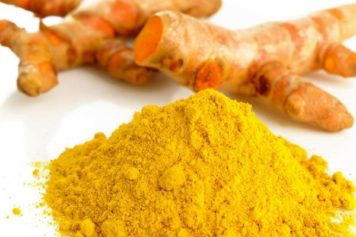Prostate cancer continues to be one of the most prominent forms of the disease, accounting for more than 235,000 diagnoses each year in the U.S. alone, with nearly 30,000 deaths. As with many forms of cancer, prostate cancer is the result of years and decades of lifestyle transgressions such as smoking, lack of physical activity, exposure to environmental and household toxins, and most importantly, the typical American diet consisting of fried foods, sugars and meats, grilled or blackened, using high-heat cooking sources.
A research team associated with the Cambridge University Hospital System in the United Kingdom provides scientifically validated evidence that broccoli, turmeric, green tea and pomegranate help fight prostate cancer, the most common cancer in men. While in the past, polyphenol-rich foods have been shown to exert multiple anti-cancer effects in laboratory tests using mice, this the first time they have demonstrated an influence on markers of cancer progression within a double-blind scientific evaluation.
To conduct this study, researchers divided 203 men with prostate cancer into two groups, one receiving a specially extracted supplement containing bioactive compounds from the four identified natural foods sources and the other receiving a placebo. All took their assigned capsule each day for a period of six months, and made no other significant dietary or lifestyle changes. A baseline PSA test was completed at the outset of the study, and again at the end of the study period.
PSA tests have come under scrutiny recently because they are over-utilized and may lead to more aggressive treatments (unnecessary surgery, radiation and toxic medications) in men without a more invasive form of the disease.
PSA does test for inflammatory antigens that are released by the prostate when cancer is present, and in this study provided an accurate measurement of disease’s progression. Scientists found that PSA levels were 63 percent lower among those men taking the supplement containing the active forms of pomegranate, turmeric, green tea and broccoli as compared to those in the placebo group.
Read more: Natural News

